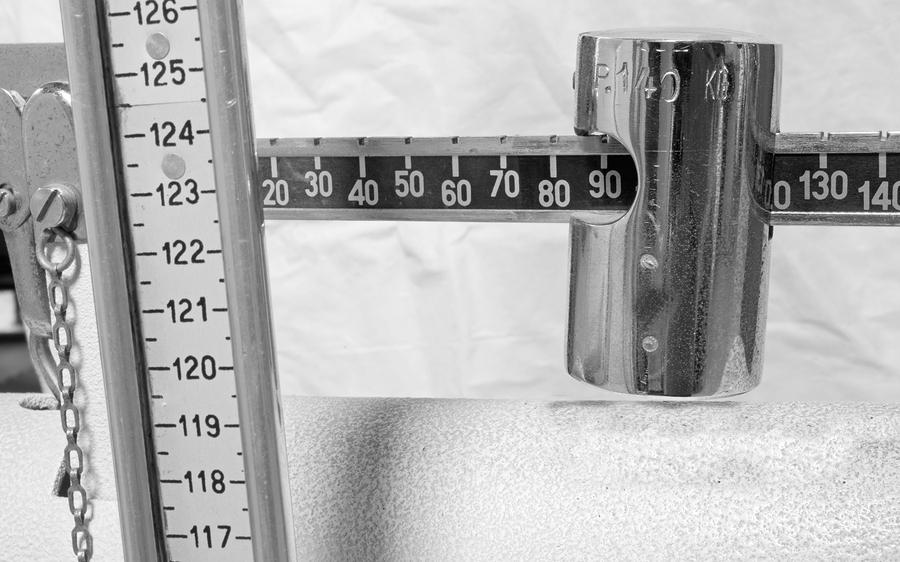We all know that keeping an eye on our weight is one of the best things we can do to maintain optimum health. This is not only because of the health benefits associated with a lower weight but also because extra weight can place additional strains on our bodies. This is especially true when considering surgical outcomes and it is now confirmed that patients who are obese are more likely to experience post-surgery complications.
Research into how a patients weight affects their surgical outcome has revealed that obese people tend to spend more time in the hospital after their surgery than those of an average weight. This data has also shown that obese patients are more likely to suffer complications after surgery and are more likely to develop infections, which can quickly become quite serious.
It is always of course preferable to avoid any post-surgical complications as they can, in some instances, be deadly. These complications can vary from a variety of infections to heart attacks and permanent damage to nerves. Additionally, urinary tract infections are also quite prevalent.
Recent research into weight and post-operative complications has shown that severely obese patients are 50% more likely to die as a result of a complication. People are considered to be obese if they weigh more than 100 pounds over their ideal weight, which depends on age, height and gender.
These findings are especially concerning when we consider that obesity rates in the United States are increasing at an alarming level. More than 30% of adults in the U.S are now considered to be obese. This is thought to be a direct reflection of dietary choices and the popularity of fast food in the country. Inactivity is also a huge problem which continues to contribute to growing obesity rates.
At a very basic level, obesity is caused by eating too much and not moving enough! This may seem like a wild over-simplification but it is the core of the weight problem in America, and indeed other parts of the world. When a person consumes high levels of saturated fat and sugar, but does not participate in enough physical activity to use these calories up, then the weight of that person is going to begin to climb upwards. This is a reversible problem and making certain simple lifestyle adjustments can have a huge impact.
The average male will need to consume no more than 2,500 calories a day, whereas the average women will need to consume no more than 2,000 calories a day. This is enough calories to fuel the body through the day and to ensure that energy levels stay at an optimum amount. When a person consumes much more calories than this recommended amount in a 24 hour period, fat stores start to build and a wide range of other health problems can develop.
Although too much food is a serious cause of excess weight gain, drinking alcohol is also a massive contributor. Alcohol packs some serious calories and is also high in sugar and fat too. Drinking in moderate amounts, say one to two units a day, should not cause serious weight gain. However, when a person drinks too much, too often, they are at a much increased risk of obesity.
Research has shown that obese patients are five times more likely to experience a heart attack than a non-obese patient, and four times more likely to experience nerve injury following a surgical procedure. Obese patients are also nearly twice as likely to get an infection at the surgical site area than a non-obese patient. Because of these increased risks, it is now suggested that obese patients stay in the hospital for an additional day after their surgery so that they can be properly monitored. If a problem occurs then it is much simpler to treat in a healthcare environment as opposed to in the home.
During this period of time spent in the hospital, it is incredibly likely that a healthcare professional will attempt to educate and advise the patient about their weight. By suggesting small changes that the patient can make to their diet and exercise routine, small steps towards better health can begin to be taken.
Keeping your weight down is one of the best ways to help to protect your body, whether you are awaiting surgery or not. Often the bad dietary habits that we have as adults will have started out as children. It is important to assess your own diet and to make positive changes for yourself, regardless of external influences from your family and friends. Learning bad habits from your parents is completely natural, but if your health is suffering in the present day as a result then the time to make a change is now!
Check out our post on simple yet seriously effective exercises that you can do to build your fitness and look after your health!
References
1) http://www.webmd.com/diet/20070314/surgery-risks-higher-for-obese
Related Posts
Cigarettes May Inhibit Inflammation Treatments
Axial spondyloarthritis, also known as AxSpa, is a chronic…









